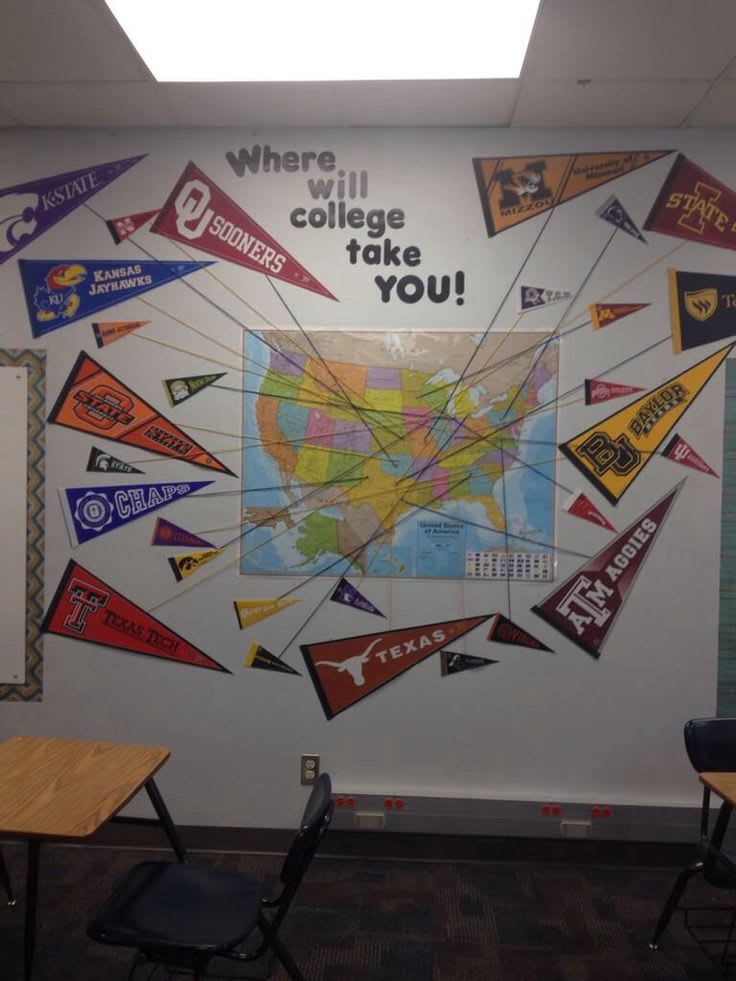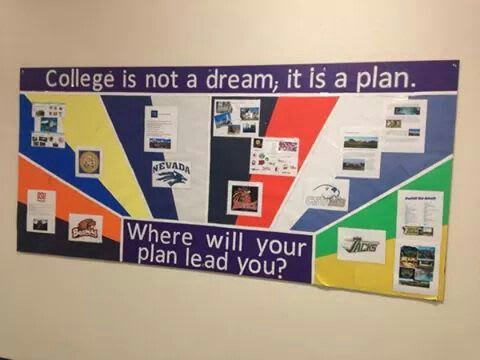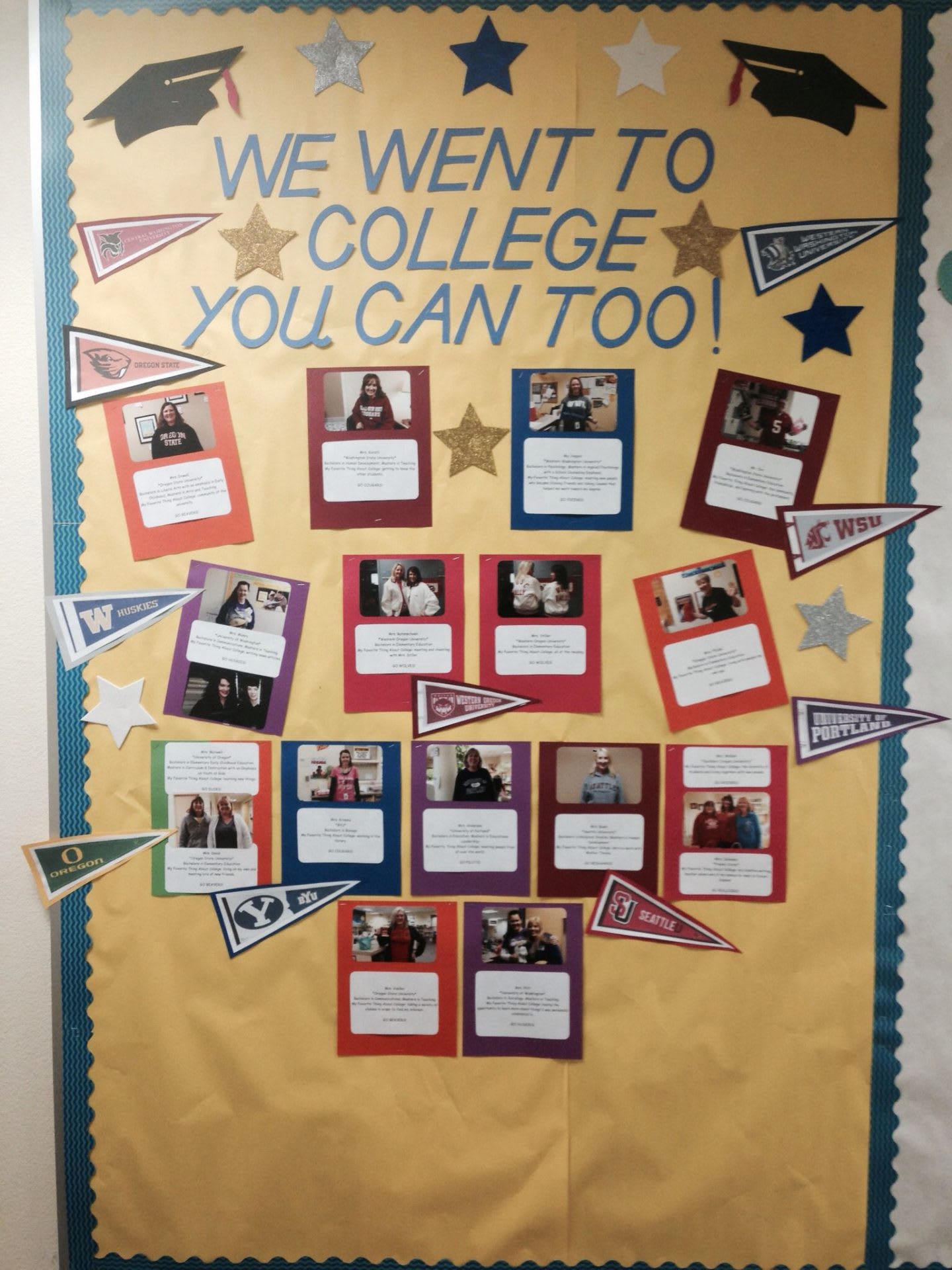It can be difficult to translate the significance of college, and even simply the reality of college, to students at any grade level. Introducing this concept often falls on our high school peers, but early college awareness activities in elementary and middle school help bring an essential and expedited understanding to the big idea: I can go to college.
My first introduction to a new class at the start of the school year was a slideshow showing pictures of my family members, my curious pet cat, and my college graduation with orange and blue tassels around my neck (Go Gators!). From the start, I told my students that going to college was as special in making me Ms. Osuba as my parents were. It wasn’t long before my students were running to greet me in Florida t-shirts or excitedly sharing how their parents were fans of rival colleges.
Creating a college-centric classroom culture requires planning, but it’s truly as easy to infuse into your classroom as any other theme. Whether your classroom represents your own Alma Mater or a local college, normalizing higher education and helping students see its importance helps shape the dreams they develop for themselves. Here are a few ways to get started:
Theming Your Classroom for Early College Awareness
It is increasingly popular to see elementary and middle school classrooms designated by a collegiate moniker. Instead of outfitting your safari or superhero theme, think college pennants, school colors, mascots and fight songs featuring either a single college or university or perhaps a variety of higher education options.
To gain student buy-in, consider first presenting students with information on each college, researching any questions they may have about what makes that particular school special or noteworthy, and then having students vote for which school to align their classroom theme. Offer an understanding of the diversity of education options like trade and vocational schools, as well as community or junior colleges. This may be especially notable for middle school students who have some understanding of their family members’ higher education journeys. If your students show interest in a number of schools, think about rotating your theme every quarter or segmenting sections of your classroom or student groups for each school.
Where to start decorating? While we all know the power of Amazon, consider your options for connecting with schools directly. They say you can’t get what you don’t ask for. Reach out to contacts within the admissions office to share your goal of exposing your students to college access. Tell them about yourself, your classroom culture, and your students. They may be happy to send you materials to help promote their institution. If you’re choosing to represent a more regional college, connect with your district’s school counselors who may also have local relationships.

Where Will College Take You? via Pinterest
College Visits Well Before College
Unfortunately for some students, myself included, their first time visiting a four year university is often in preparation for the decision-making required before senior year. If access allows it, merely stepping foot on a college campus can be incredibly impactful. Most schools offer field trip options for younger students through art galleries, arboretums, agricultural centers, and even libraries. Students in the education college at a university may offer tours and can share how they decided to study become a teacher and what they’re learning about in classes.
You can also encourage your students’ families to attend college sporting events. Students who enjoy or play sports already may be able to develop a meaningful connection to higher education by seeing the opportunities it affords college athletes.
If getting outside the school walls is difficult, explore virtual field trips like You Visit or even schedule a class webinar with an admissions officer.

College is not a dream, it’s a plan. via Pinterest
Career Day College Interviews
If you already have a career day planned, ask your speakers to focus not only on the roles and responsibilities of their jobs, but also the college and education that helped make their careers possible. For most of us, college isn’t free. It is important for our students, even young students, to understand the costs associated with continued education after high school. Ask guest speakers to share how they paid for their degree. Did they work while they were in school? Did they get a scholarship? If so, how did they earn that scholarship?

We went to college you can too! via Pinterest


